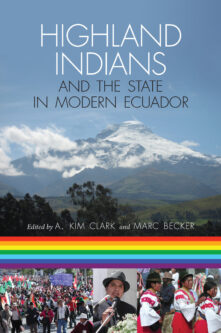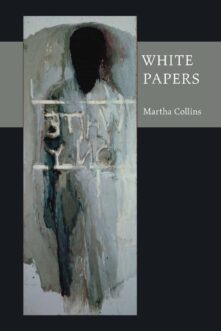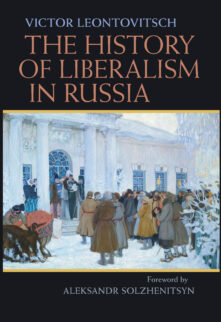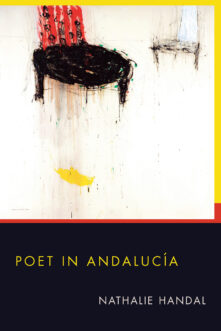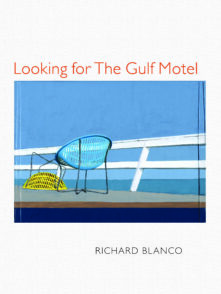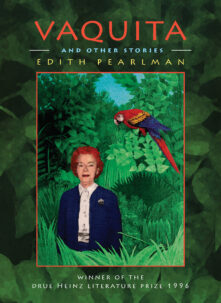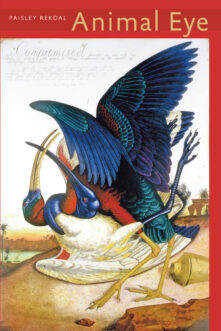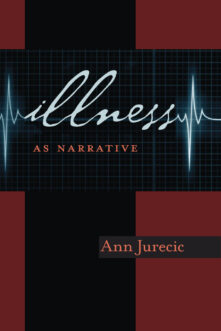Books
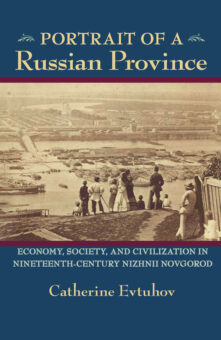

Portrait of a Russian Province
Economy, Society, and Civilization in Nineteenth-Century Nizhnii Novgorod
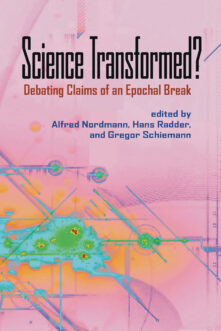

Science Transformed?
Debating Claims of an Epochal Break
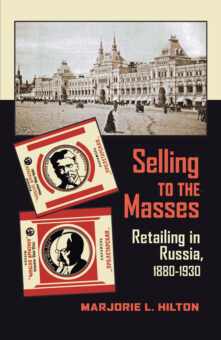

Selling to the Masses
Retailing in Russia, 1880–1930
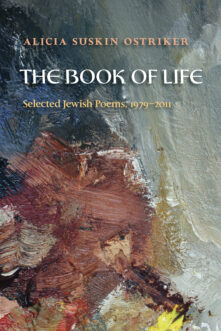

The Book of Life
Selected Jewish Poems, 1979–2011
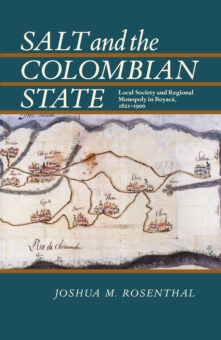

Salt and the Colombian State
Local Society and Regional Monopoly in Boyaca, 1821-1900
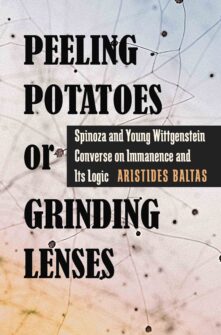

Peeling Potatoes or Grinding Lenses
Spinoza and Young Wittgenstein Converse on Immanence and Its Logic
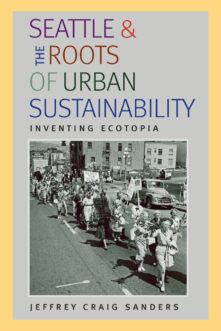

Seattle and the Roots of Urban Sustainability
Inventing Ecotopia
Total 1538 results found.


